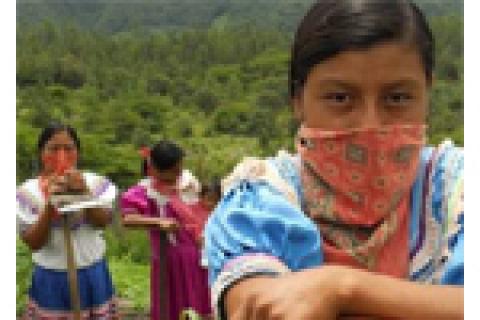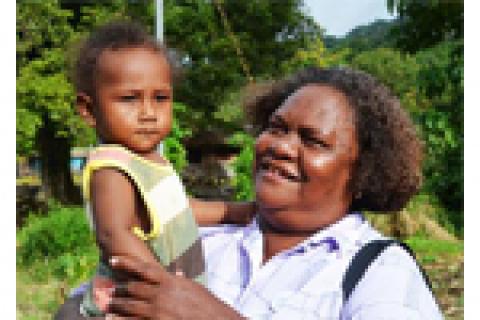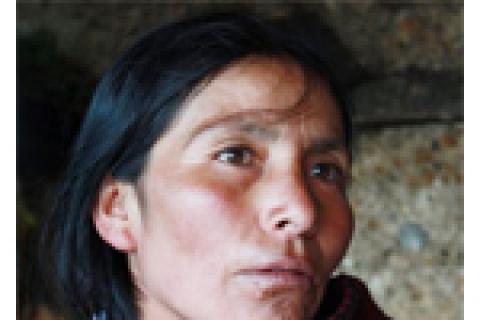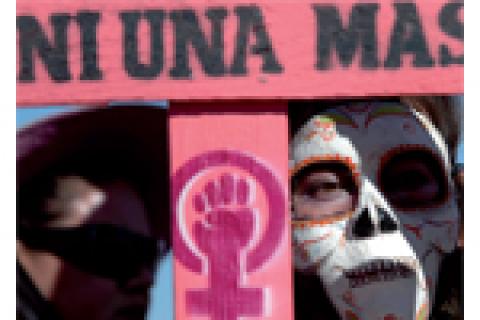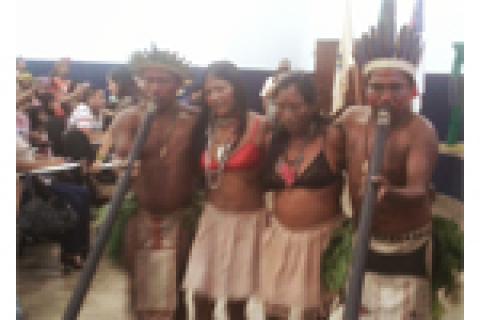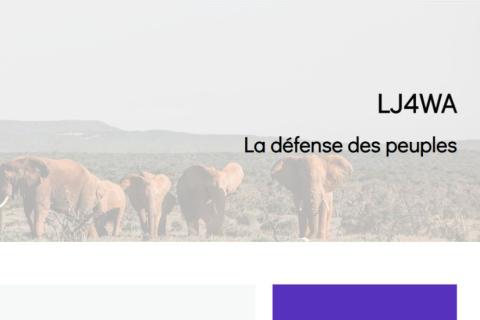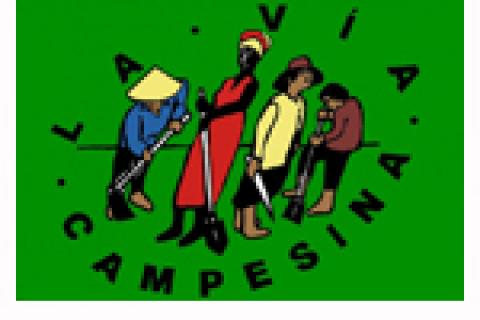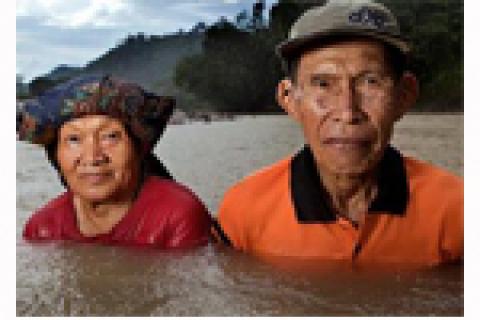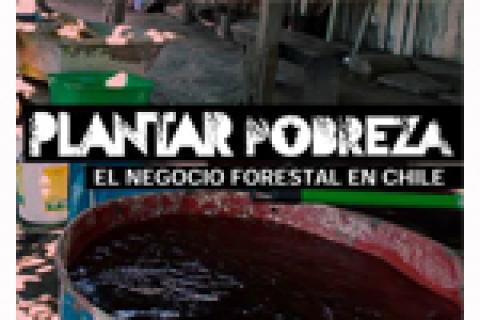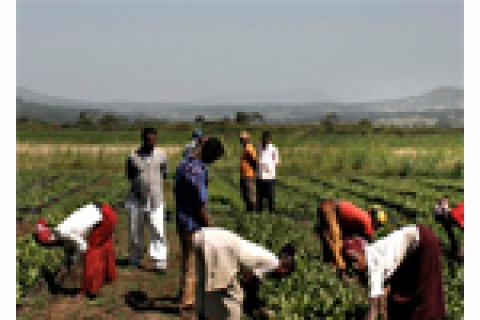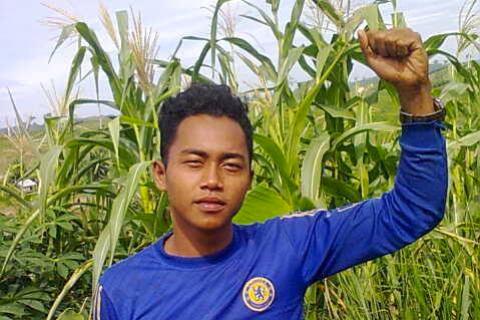The international network of peasants, La Via Campesina, calls for the coordination of actions during the International Women’s Day to highlight the fundamental role played by women in guaranteeing Food Sovereignty. On this day of struggle, it denounces the prevailing violence, against women specifically, because the agribusiness model, patriarchy and the capitalist interests in the countryside have exacerbated social and gender inequalities.
Other information
When mining and logging companies come to villages asking for resource rights, how can communities make an informed decision without truly understanding all the impacts that these activities entail? Moira Dasipio, 55, lives and works in the Isabel Province of the Salomon Islands and is determined to give local populations access to more information about large-scale projects.
Máxima Acuña, a mother of four in the northern Andes of Peru who was never able to learn to read or write, won a lawsuit against the Yanacocha mining company, South America’s leading gold producer. In spite of this, the company has continued its violent intimidation against her. So far in 2015, Máxima has been threatened at least twice by police and agents for Securitas, Yanacocha’s private security firm, entered her property. On February 12, a World Day of Solidarity with Máxima was held.
El Salvador has the highest rate of femicide in the world, Guatemala the third and Honduras the seventh. In Guatemala and Honduras only 2% of murdered women’s cases were investigated in 2013. And in El Salvador, in 2014 alone, between January and October, over 300 women between the ages of 12 and 18 years were found in unmarked mass graves. The victims of femicide often show signs of torture, rape, or breast and genital mutilation and dismembered body parts.
Leaders of indigenous peoples of the Brazilian Amazon participating in the World Social Forum on Biodiversity held in Manaus, Brazil in January 2015, repudiated countless actions by the Brazilian state that violate the national constitution and international law.
The coordinating team of La Via Campesina in the state of Pará, Brazil, has compiled in a book the political struggles waged over time in the Amazon and the initiatives organized. In addition to a systematized introduction with a focus on ideas about peasant communities and their reincorporation in debates of historical concepts, there is a duel of perspectives with environmental ecological imperialism.
The recently released book “Money Logging” documents the local politics, international complicity and dedicated resistance in the struggle against the turning of Sarawak's rainforests into a monoculture of oil palms and hydropower reservoirs. Author Lukas Straumann singles out Abdul Taib Mahmud, former governor of the Malaysian state of Sarawak, as the kingpin of this Asian timber mafia, while he shows that Taib’s family—with the complicity of global financial institutions—have profited to the tune of US$15 billion.
This documentary produced by “Periódico Resumen” addresses the origins and consequences of the expansion of the tree plantation industry in central-southern Chile. Plantations have been expanding in Chile at a phenomenal rate and now occupy a total of some three million hectares, seriously affecting not only the environment but also local communities. The droughts generated by monoculture plantations have also been provoking forest fires.
Booming global demand for palm oil and limited room for the industry’s expansion in Asia have led large palm oil producers to look towards Africa. Companies are also betting on an explosion in demand from the European Union for palm oil as a ‘sustainable’ fuel, and Africa is the closest palm oil-producing region. Swaths of land have been allocated to foreign companies for oil palm plantations.
Oil palm plantations in Palawan, as elsewhere in the Philippines, are portrayed as a key solution to lower greenhouse gas emissions and as a tool for poverty eradication. However, reality shows a different picture. A report from “Ancestral Land/Domain Watch” (ALDAW) explains the many reasons why oil palm development should be stopped. Among others, this monoculture takes over cropland and coconut groves which sustain local self-sufficiency.
JAMBI-INDONESIA: A farmer and environmental defenders activist murdered by Security Force of PT. WKS (Wirakarya Sakti), a subsidiary of APP (Asia Pulp and Paper – Sinar Mas Group).
